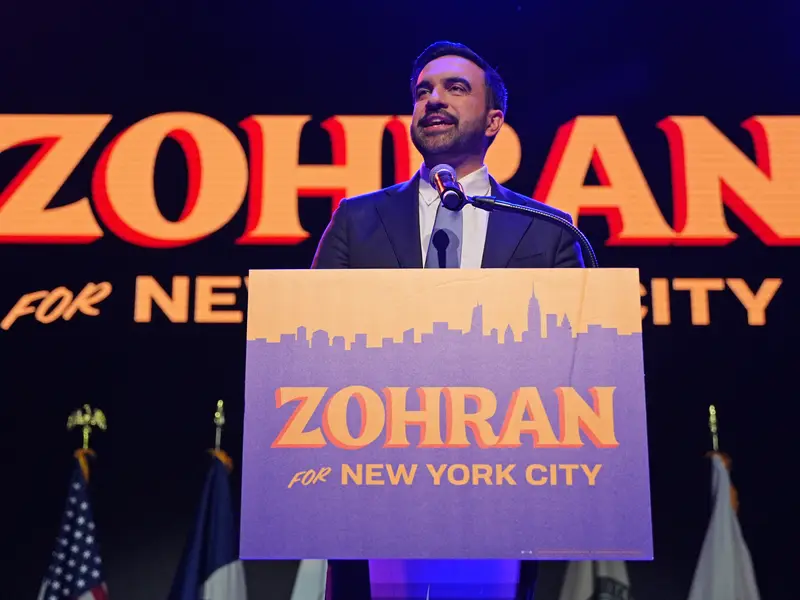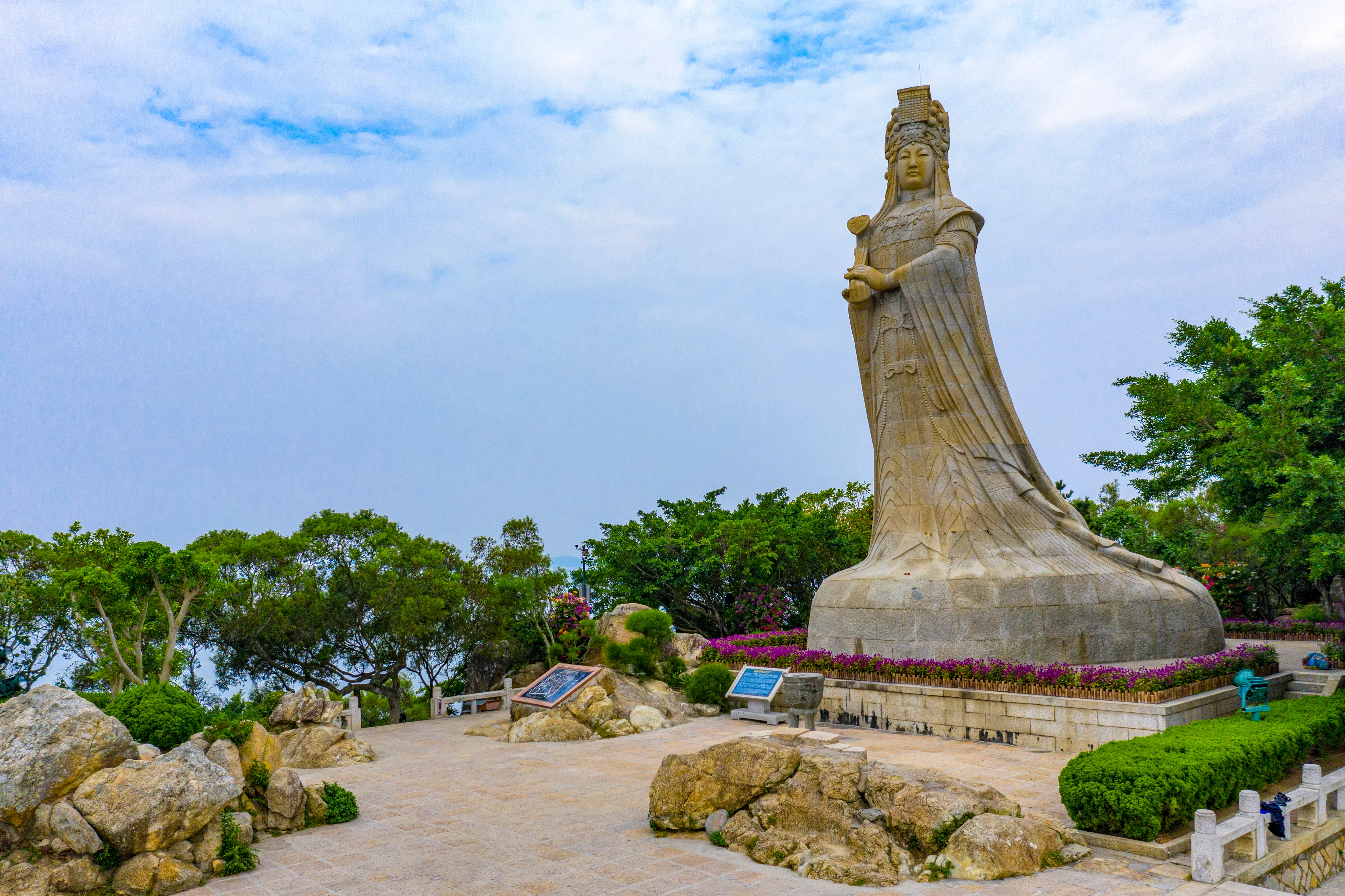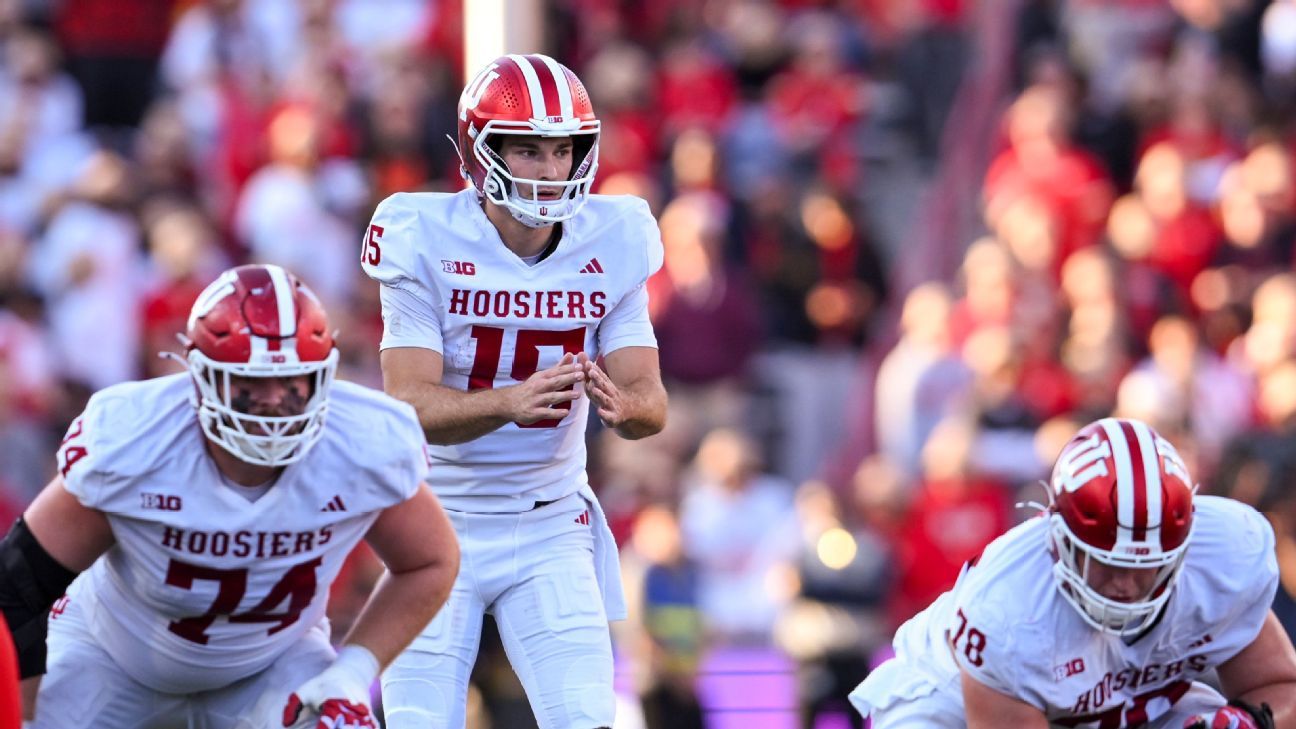Copyright breezyscroll

A historic night for New York In a moment that will be remembered as a political and cultural milestone, Democrat Zohran Mamdani clinched a stunning victory in the 2025 New York City mayoral election, defeating independent Andrew Cuomo and Republican Curtis Sliwa. His win not only reshaped the city’s political landscape but also made him the first Indian-American, first Muslim, and youngest mayor in New York City’s history. Speaking to thousands of cheering supporters on election night, Mamdani declared, “We have toppled a political dynasty.” He continued, “The sun may have set over our city this evening, but as Eugene Debs once said, ‘I can see the dawn of a better day for humanity.’” The 34-year-old’s rise from Queens assemblyman to the top of the nation’s largest city represents a generational shift, a changing of the guard for American urban politics. “We have breathed new air into this city” Mamdani’s speech carried both poetic energy and political punch. “New York City, breathe this moment in,” he said. “We are breathing in the air of a city that has been reborn.”He thanked his wife, parents, campaign staff, and thousands of volunteers who powered what many have called the most energetic grassroots campaign in recent city history. The victory speech also included a direct message to former President Donald Trump: “Donald Trump, since I know you’re watching, turn the volume up. To get to any of us, you will have to get through all of us.” How Mamdani defied the odds Few predicted such a decisive outcome when Mamdani entered the race. A first-generation American, born to Ugandan-Indian parents and raised in New York, he built his campaign around affordability, equity, and a renewed sense of civic inclusion. His platform focused on: Free public bus service to improve mobility for working-class New Yorkers. Rent freezes and housing reforms to tackle the city’s affordability crisis. Progressive tax reforms targeting ultra-wealthy residents. Climate resilience initiatives in coastal boroughs like Queens and Brooklyn. Mamdani’s authenticity, blending idealism with grassroots credibility, resonated deeply with voters disillusioned by political elites.“Tonight, against all odds, we have grasped something greater,” he told supporters, echoing a message of people-powered transformation. The fall of a dynasty Perhaps the most symbolic part of the night was Mamdani’s victory over Andrew Cuomo, the former governor whose name has defined New York politics for decades.“My friends, we have toppled a political dynasty,” Mamdani said, adding, “I wish Andrew Cuomo only the best in private life. But let tonight be the final time that I utter his name.” Cuomo’s campaign, billed as a comeback after his 2021 resignation amid scandal, struggled to overcome skepticism and fatigue. Voters appeared ready to turn the page. His defeat, coupled with Sliwa’s distant third-place finish, marked a clear rejection of establishment politics in favor of a progressive alternative. Why this win matters nationally Mamdani’s victory signals more than a local political upset; it highlights a national progressive resurgence and expanding diversity in American leadership.His success could embolden a new generation of candidates of color, particularly Muslims and South Asians, who have historically faced barriers in U.S. politics. It also underscores the evolving identity of Democratic strongholds: diverse, youthful, and increasingly driven by social equity.For the Democratic Party, Mamdani’s rise is a reminder that the path to enthusiasm and voter turnout may lie with unapologetically progressive ideas rather than centrist compromise. The generational shift At just 34, Mamdani’s ascent reflects the growing appetite for leaders who speak to both economic anxieties and cultural belonging.His campaign fused data-driven policy with emotional storytelling, rooted in his immigrant experience and advocacy for working families. Political analysts note that his victory also mirrors trends seen in other major cities, from Chicago’s Brandon Johnson to Boston’s Michelle Wu, where young, diverse progressives are winning mayoral races once dominated by traditional political machines. Challenges ahead Mamdani takes office on January 1, 2026, inheriting a city grappling with post-pandemic inequality, housing shortages, and strained infrastructure.His progressive agenda will face practical tests: budget constraints, pressure from business interests, and potential clashes with New York’s state legislature. Yet, supporters argue that Mamdani’s success proves voters are ready for bold experimentation.As he put it, “This will be an age where New Yorkers will expect of their leaders a bold vision.” A new chapter for the Big Apple Whether Mamdani’s victory ushers in lasting change remains to be seen, but the symbolism is undeniable.For a city that prides itself on being a melting pot, its new mayor, an Indian-American Muslim immigrant’s son from Queens, embodies that ideal more fully than ever before. As the confetti settled in Brooklyn on Tuesday night, Mamdani’s closing words summed up the emotion of the moment:“Today we have spoken in a clear voice: hope is alive.”



